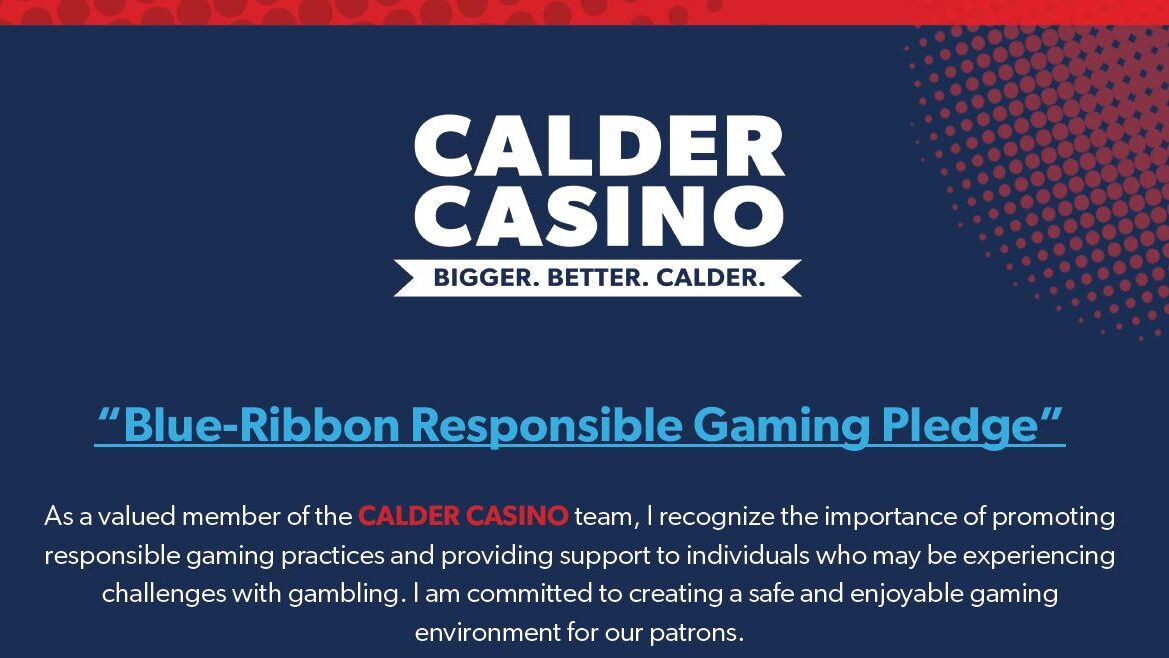CCCam HD Insights
Stay updated with the latest in streaming and tech.
Gamble Smart: Why Knowing When to Hold 'Em Matters
Discover the secrets to smart gambling! Learn when to hold 'em for maximum wins and avoid costly mistakes. Your winning strategy starts here!
Top Strategies for Knowing When to Hold 'Em in Poker
Understanding when to hold 'em in poker is crucial for achieving long-term success at the table. One of the top strategies involves recognizing hand strength. Players should assess their starting hands in relation to the style of play at the table. For example, if you're holding premium hands like aces or kings, it's beneficial to play aggressively and raise pre-flop. On the other hand, marginal hands should be played cautiously, particularly in early positions, to avoid difficult decisions later in the hand.
Another effective strategy is to monitor opponents' behaviors. Pay close attention to how your opponents play their hands—are they tight or loose? Understanding their tendencies can provide valuable insights into when to hold your hand versus when to fold. For instance, if an opponent consistently bluffs, it may be more prudent to hold onto strong cards and call their bets when the situation seems favorable. Using both your hand strength and your opponents' playing styles to inform your decisions will significantly enhance your gameplay.

Counter-Strike is a highly popular tactical first-person shooter game that pits two teams against each other: the terrorists and the counter-terrorists. Players engage in various objective-based game modes, such as bomb defusal and hostage rescue. To enhance your gaming experience, you can look for a shuffle promo code that may offer in-game benefits and bonuses.
The Psychology Behind Smart Gambling Decisions
Understanding the psychology behind smart gambling decisions involves recognizing the cognitive biases that influence our choices. Gamblers often fall victim to the illusion of control, believing that they can influence the outcome of games of chance. This leads to poor decision-making, as players may wager more than they can afford, thinking they have a strategy that will ultimately yield positive results. Awareness of these biases is crucial for developing a more rational approach to gambling, which can help individuals make informed decisions rather than succumbing to emotionally-driven impulses.
Additionally, setting clear limits is a vital aspect of smart gambling. A successful gambler knows when to walk away, leveraging their understanding of loss aversion—the tendency to prefer avoiding losses over acquiring equivalent gains. By adopting a disciplined approach and adhering to predetermined budgets, gamblers can mitigate their emotional responses during play. Techniques such as keeping a record of wins and losses can further facilitate a reflection on behavior, leading to more strategic decisions in the future. This combination of psychological awareness and self-regulation can significantly enhance the gambling experience while reducing the risk of negative outcomes.
How to Recognize Key Moments to Fold in Casino Games
Recognizing key moments to fold in casino games can significantly enhance your strategy and improve your chances of winning. One fundamental aspect to consider is understanding the dynamics of the game you're playing. For instance, if you're in a poker game, monitoring your opponent's betting patterns can provide crucial insights. Look for signs of confidence or weakness; if a player raises aggressively, it may indicate a strong hand, prompting you to reconsider your own cards. Additionally, consider the position you hold at the table, as this can affect your decision to fold or play on.
Another important factor to assess is the strength of your hand in relation to the community cards. In games like Texas Hold'em, if the board shows potential for straights or flushes, it's wise to evaluate the likelihood of opponents holding stronger hands. If your cards don’t connect well with the community cards after the flop, it's often a good moment to fold rather than chasing a potentially losing hand. Remember, knowing when to walk away is just as crucial as knowing when to stay in the game, and mastering this can lead to more profitable gaming sessions.